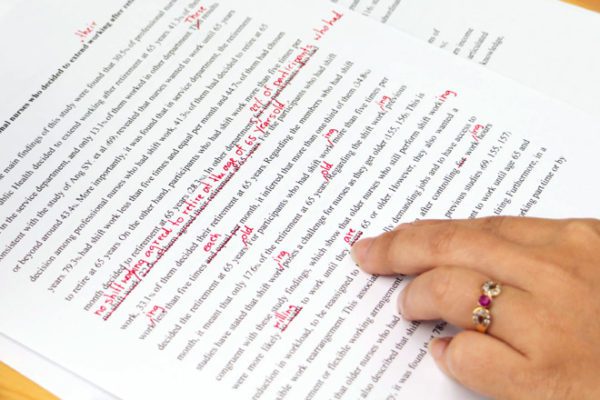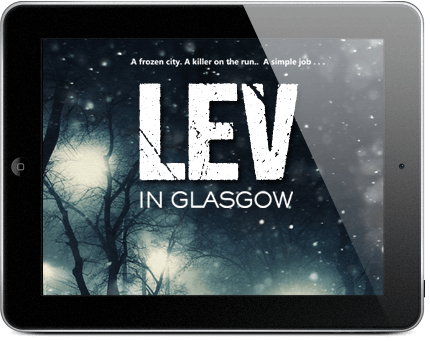Writing a book is hard … but it’s also time-consuming.
Once you hit that final fullstop, your work isn’t done. For a newbie writer, I’d say you have probably reached the halfway point, and then only if you’re lucky and your first draft is in good shape.
The fact is that almost any first draft will have structural problems, issues with characters, problems with prose, and very much else. And that’s OK. That’s not a failure on your part. It’s just that writing is hard.
So once you type “THE END”, your job takes a new shape. Instead of just cranking out the words, building up that wordcount, you need to start editing. You want to start with the biggest elements and work your way down. So typically, you’ll deal with plot issues, then character issues, then chapter-by-chapter things, and finally you’ll get down to the fine-grain issues of settings, and prose, and pacing, and deletions.
Personally, I always self-edit a good deal as I write. By the time I reach my own final page, I’ll already have read (and edited) most of the chapters in my novel twenty times or more. The result is that my editing process after the writing proper tends to be quite fast. Three or four weeks, perhaps less.
Newer writers won’t be in that position. When I was less experienced as a novelist, that rewriting process seemed huge and never-ending. But it mattered. My books got better. They always do.
And once you’ve edited as much as you can yourself, you have roughly three choices:
- You can get your work straight out to literary agents.
- You can pop your work up on Amazon and self-publish.
- You can buy some third party editorial services, and get a pro editor to read through your text in detail.
There’s no wrong decision here.
If you are aiming at traditional publication, then sending your work to agents can’t hurt. If they take you on, your book is good enough to go. Great. And if they don’t, then your manuscript needs more work, in which case you can always get professional editorial services at that point. No harm done.
If you want to self-publish, then great, but you really can’t intelligently do that without pro input on your book. That’s partly because professional editing always, always makes your book better, but it’s also because your text will look messy and unfinished, unless you have worked closely with a copy-editor and/or proofreader.
And if you do want to get your manuscript properly edited, then my one really big bit of advice is: do it properly or not at all!
That means you need to self-edit your work hard yourself as a first step. If you don’t do that, you won’t get good value from the editorial process and you won’t grow as a writer to anything like the same extent.
But it also means that you need to get the whole manuscript assessed by a pro editor. That’s expensive, yes, but superbly worthwhile. Your typical feelings will be a mixture of shock (“I hadn’t realised the manuscript was that flawed”), relief (“Yes! That makes real sense. It kind of explains that nagging feeling I’ve had for ages.”) and excitement / empowerment (“Yes. I know exactly what to do now. I can’t wait to start work.”)
There’s a general sense that writers are born, not made. That you either have the talent or you don’t. But honestly? That’s not quite what I see.
Yes, of course, talent really helps. But I’ve seen a load of quite raw writers build themselves into proper professionals by simply working hard at their manuscripts and at their own rough edges. Getting expert third-party editorial advice is a big, big part of that journey. Me, I’ve never released a novel without it. And I never will.


